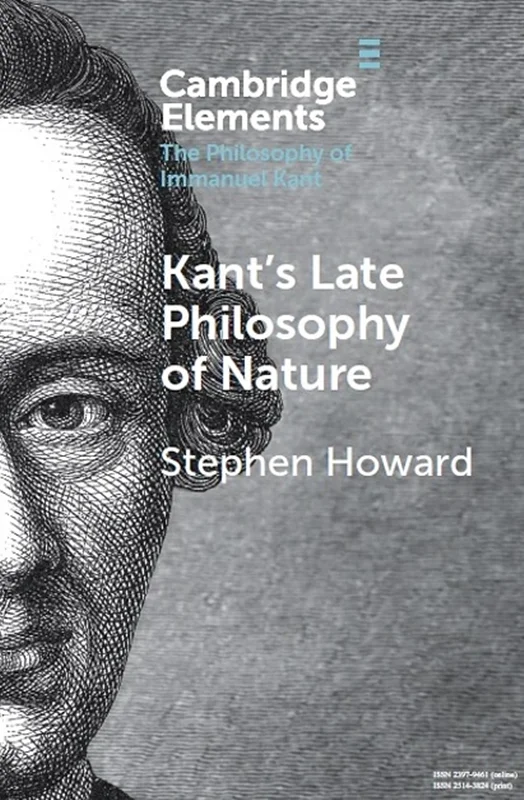Kant's Late Philosophy of Nature: The Opus postumum
Stephen Howard, 1009013769, 9781009013765, 978-1009013765, 978-1-009-01376-5, B0BW45TKJM
English | 2023 | PDF | 3 MB | 78 Pages
Kant's final drafts, known as his Opus postumum, attempt to make what he calls a 'transition from the metaphysical foundations of natural science to physics.' Interpreters broadly agree that in this project Kant seeks to connect the general a priori principles of natural science, as set out in the major critical works, to the specific results of empirical physics. Beyond this, however, basic interpretative issues remain controversial. This Element outlines a framework that aims to combine the systematic ambition of early twentieth-century readings with the rigor of more recent studies. The author argues that a question that has animated much recent scholarship – which 'gap' in Kant's previous philosophy does the Opus postumum seek to fill? – can be profitably set aside. In its place, renewed attention should be given to a crucial part of the manuscript, fascicles X/XI, and to the problematic 'arrival point' of the transition, namely, Kant's question: What is physics?

